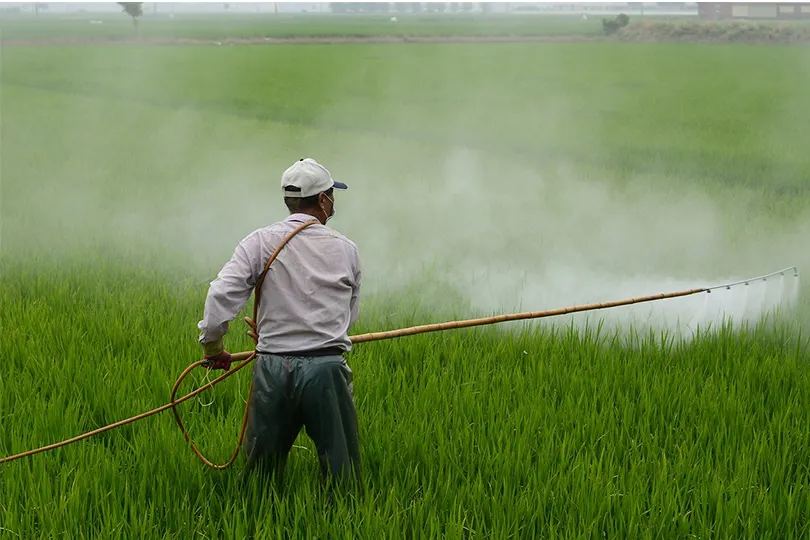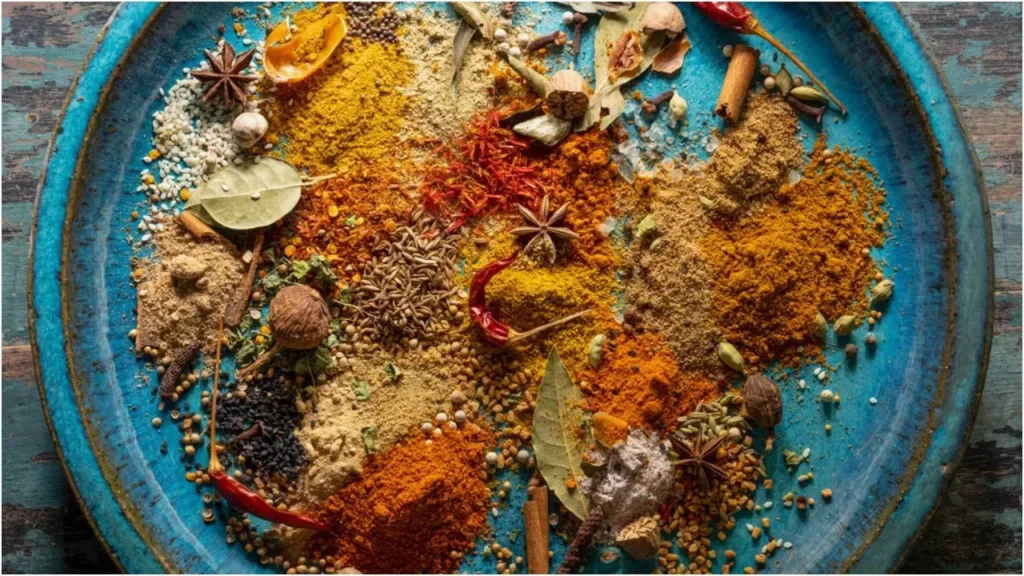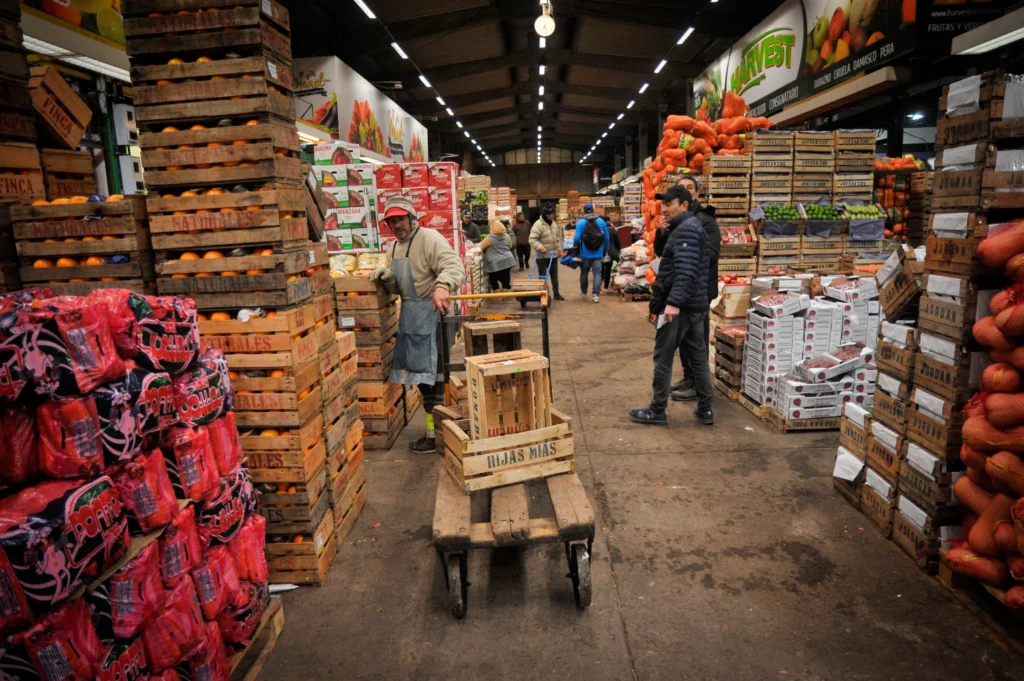In a recent revelation by the European Food Safety Authority (EFSA), concerns have been raised over the safety of numerous Indian food products. The Deccan Herald reports that from heavy metals such as lead and mercury to elevated levels of pesticides and fungicides, including those banned for decades due to their adverse effects on human health, a staggering 467 Indian products have been deemed unsafe for consumption.

The Unveiling of Unsafe Products
The EFSA’s findings, as highlighted by the Deccan Herald, shed light on the alarming state of Indian food exports. Over 200 of the flagged products contain multiple active substances either banned or restricted within the European Union. Additionally, a number of these products have been issued notices for incorrect labelling, a practice that poses significant risks to consumer health by failing to disclose crucial ingredient information. The European Union’s stringent stance on labelling, emphasised by the Deccan Herald, serves as a crucial safeguard against potential allergens, prioritising consumer well-being.

Government Efforts and Challenges
While the Indian government has made efforts to standardise products and enhance consumer awareness, challenges persist in ensuring product quality and safety. Mandating the packaging of edible oils to provide consumers with better information, as reported by the Deccan Herald, is one such initiative aimed at enhancing transparency. However, experts caution that mere packaging standards may not suffice in addressing contamination issues, particularly when the source itself is compromised.

The EFSA’s findings, as reported by the Deccan Herald, underscore the urgent need for comprehensive measures to address the safety concerns surrounding Indian food exports. Efforts to standardise products and improve labelling practices are commendable steps towards enhancing consumer confidence. Nonetheless, sustained vigilance and stringent regulatory oversight, as emphasised by the Deccan Herald, are imperative to safeguard public health and restore trust in Indian food exports on the global stage.
